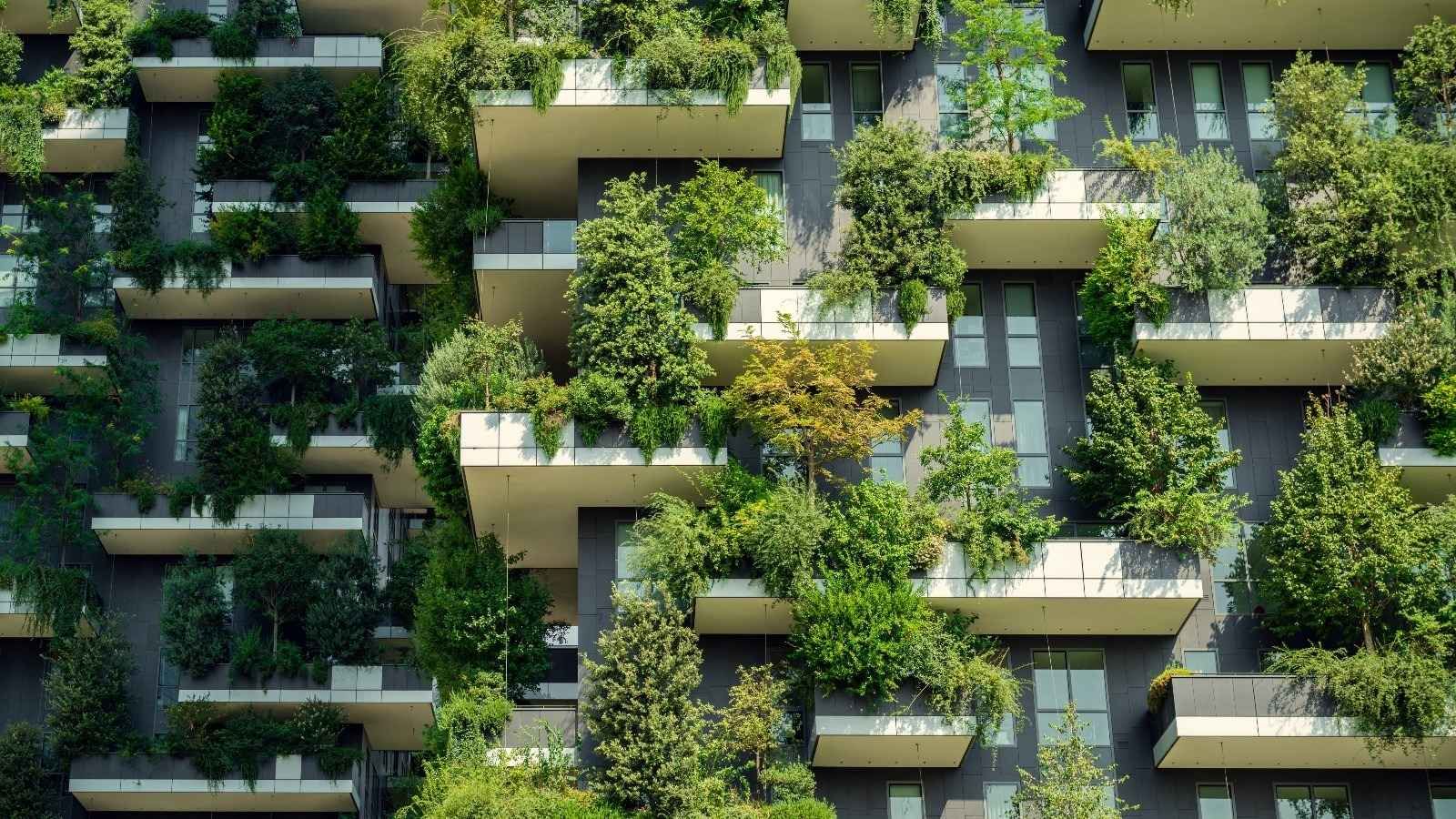WEB DESK: A declaration on “Azerbaijan Sustainable Built Environment Leadership” has been signed in Azerbaijan.
The signing ceremony took place during the Azerbaijan Sustainable Built Environment Leadership Roundtable and was held as part of the preparation for COP29. The declaration was signed by several members of the COP29 Organizing Committee and the heads of several construction companies operating in Azerbaijan.
The purpose of the declaration is to show that construction companies are aware of their responsibility to reduce emissions. The declaration is the first step in this direction, and then there will be a transition from the stage of awareness of responsibility to practical activity.
The roundtable is a special high-level meeting of leading industry leaders in Azerbaijan, including CEOs, ministers, UAE construction companies, the President of COP29, and the UN High-Level Champion for COP29. This unique event will boost cooperation and sustainable development in Azerbaijan’s construction sector, providing a platform to discuss challenges, explore opportunities, and define favorable policies.
The roundtable emphasizes the crucial role of green construction in achieving global climate goals and, marking an important milestone on the road to COP29, lays the foundation for targeted business operations and cooperation with significant results for Azerbaijan and beyond.
Here is a question. What can be the contributions of the Declaration to both the companies and the country?
Azerbaijani economist Rashad Hasanov said to Azernews that the concept of green building has been evolving globally for nearly 20 years, supported by certification from international organizations.
“Various unions and associations promote this approach, which focuses on constructing environmentally clean infrastructure, free from harmful effects on the community and atmosphere, optimally resource-efficient, and sustainable over the long term. In Azerbaijan, some companies even offer certification in this field, guided by international organization licenses.”
The economist explained that the core issue in green building is facilitating using environmentally friendly, renewable energy sources within infrastructure.
“Additionally, it involves ensuring that construction materials have no harmful effects and meet established standards. Key practices include insulating buildings to optimize energy use while maintaining comfort throughout the seasons, diverting wastewater for reuse, providing appropriate waste collection and recycling facilities, and ensuring accessibility for people with physical limitations.”
He emphasized that addressing modern challenges is crucial for companies, as it aligns with evolving requirements.
“In the new era, Azerbaijan is particularly impacted by climate change. Hosting COP 29 further underscores the urgency and importance of prioritizing environmental and sustainability measures,” Hasanov said.
The expert added that joining such a stream now provides serious support to the state in joining huge projects and acquiring construction experience according to modern standards.
“By embracing this trend, companies enhance their position in the expanding market of the future, bolster their reputation, and open up new opportunities for securing grants and participating in international projects. For the state, having specialized construction companies in this field is crucial for developing infrastructure that meets contemporary requirements. Initiatives are already underway to anticipate these needs in state construction projects and in the restoration of territories recently liberated from occupation,” R. Hasanov concluded.


